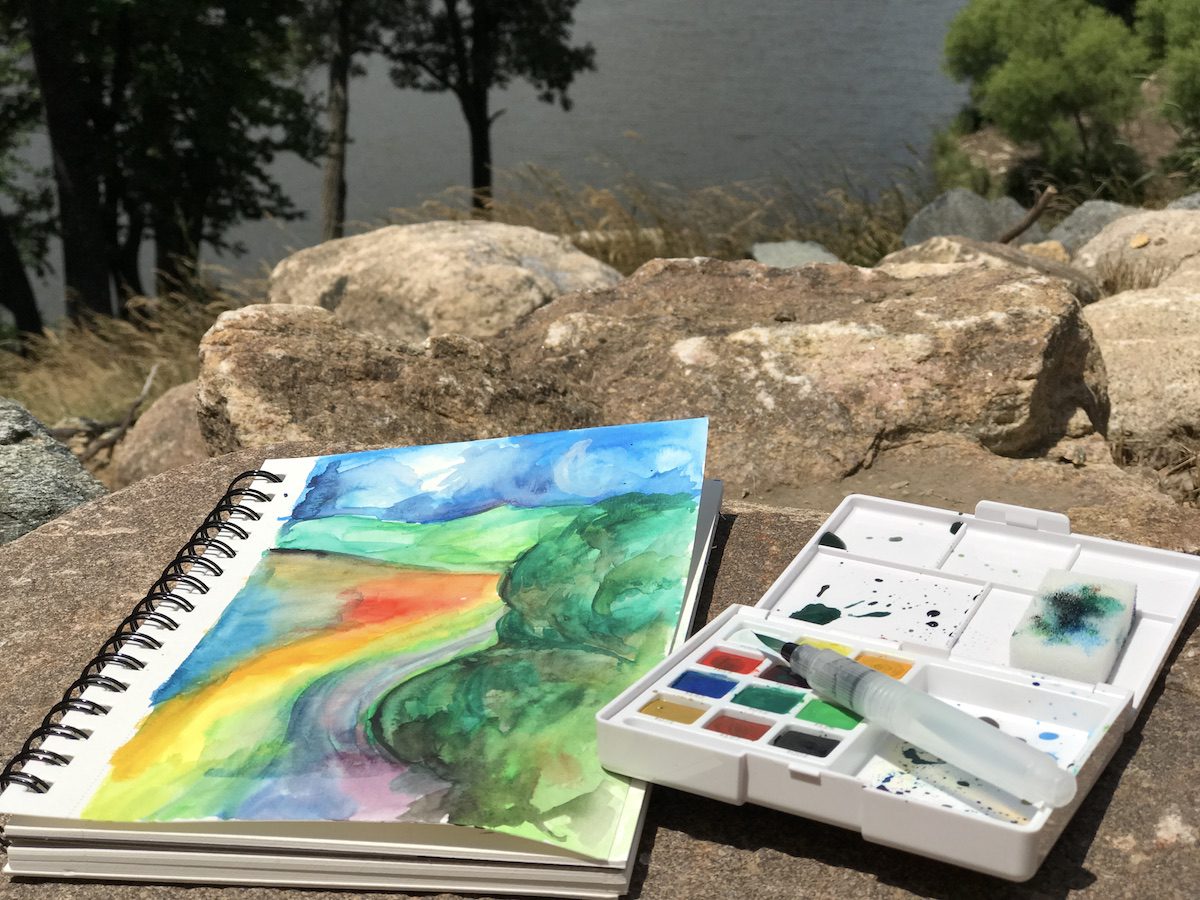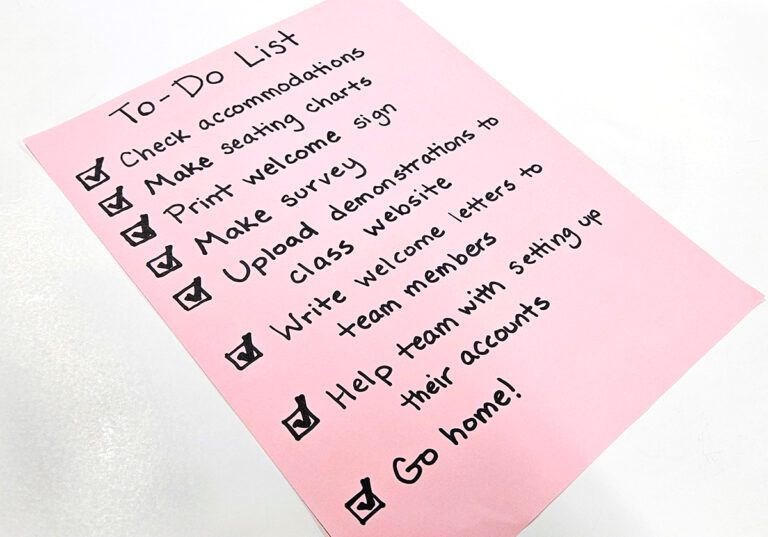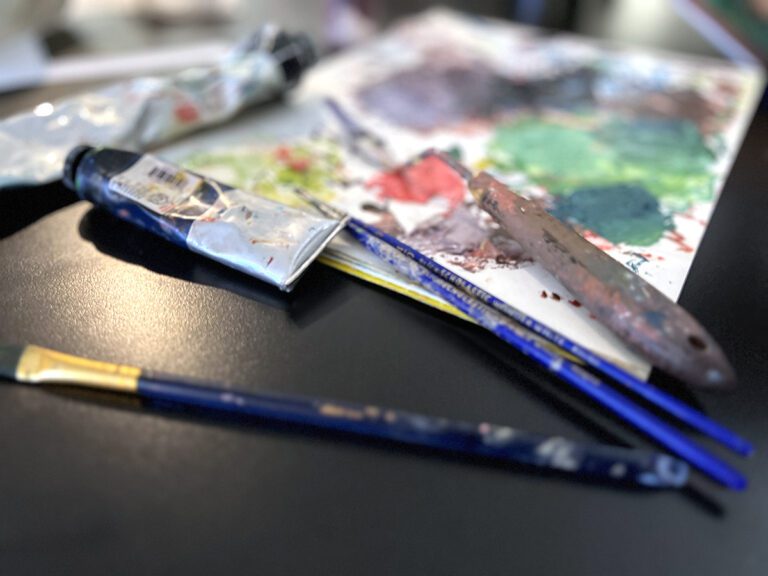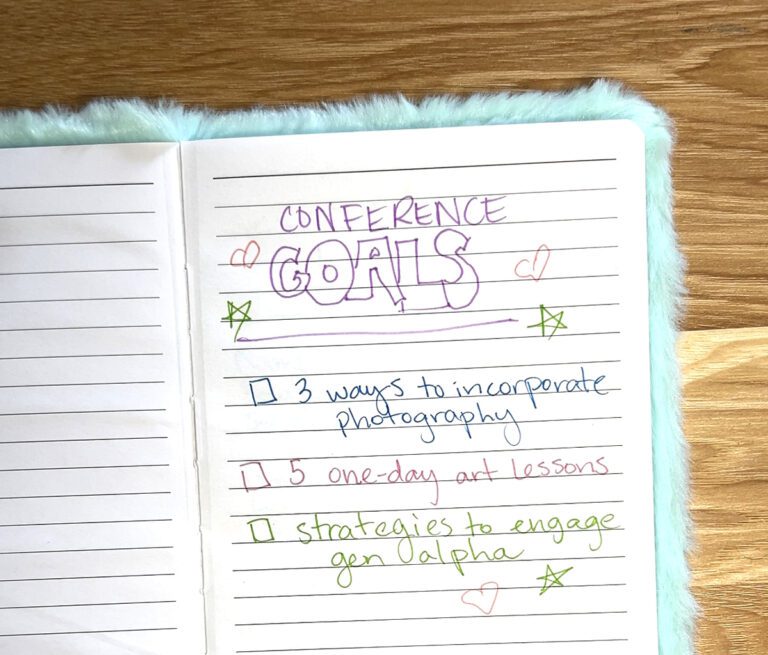Teachers are leaving the field of education at a record rate. Whether it is the lack of resources, the toll of test taking, escalated student behaviors, or not feeling supported; teachers continue to leave the profession for a variety of reasons. The number of students enrolling in teacher education programs has dropped, and you’ve probably even noticed the shortage of substitute teachers.
Have you ever felt like leaving the teaching profession? Are you feeling burnout? Is your passion for teaching not like it once was? If you answered yes to any of these questions, there’s no question that teaching is taking a toll on you mentally or physically. If you have similar feelings, take a look at the following eight ways you can check in on yourself to relieve some of your stress.
1. Unplug

Technology is part of how we function. We use it in our classrooms daily, for communication and leisure activities. Although it is certainly a great tool, we can quickly become consumed by it. Have you ever been sucked into the never ending mindless social media scroll? Before you know it an entire hour has passed and you weren’t productive with your time. If you’ve had a tough day or week teaching, take a break from technology and unplug. Studies suggest that overall quality of life can be improved by being able to recharge yourself, not your electronics. Unplugging will help you separate work and home, you won’t be inclined to check emails or work on lesson planning. Instead, you can focus on you and your family.
2. Create

We expect our students to create every day, but are we practicing what we preach? We can develop countless excuses for why we don’t have enough time, but science shows it’s good for us! A study published in the Journal of the American Art Therapy Association concluded just forty-five minutes of creative activity significantly lessens stress in the body, regardless of artistic experience or talent. As art teachers, we have an advantage as we do have artistic experience and talent. Instead of catching up on last week’s episode of your favorite show, spend some time creating.
3. Get Moving
As teachers, we are no strangers to the physical demands of our jobs, but art teachers encounter some unique physical requirements. Not only are we standing and walking all day but we’re also moving around pounds of clay and heavy materials. There are benefits to these physical demands, but by incorporating physical activity outside the classroom, you will see even more improvement. Whether exercising for thirty minutes, going on a walk, lifting weights, or attending a yoga class, you will see positive impacts in your stress levels, quality of sleep, and a boost in brain power!
4. Go Outside

There are many days when the only sunlight we see is on the way in and out of school. Studies show being outdoors reduces stress by observing a change in a lower heart rate and cortisol levels. On days where you feel at your wits’ end, try spending some time in nature. Try heading outdoors to read a book, take a walk, or just sit to take in some vitamin D—five minutes is all it takes! You might even consider taking your art studio outside to help reinvigorate your creativity and refresh your mind.
5. Take Time Off
Taking time off as a teacher isn’t easy. Planning for absences is often more work than showing up to school, but taking time off is necessary. When you’re feeling overwhelmed and stressed, treat yourself to a day off to do what makes you happy. If that means your day off is spent relaxing on the couch or deep cleaning your home because you can’t seem to find the time, that’s okay! After taking a day from school, you’ll feel refreshed, and you might even have a few students insist you can’t ever leave again, which is always the best way to be greeted on your return.
6. Find Your Joy

Do you feel great pleasure and happiness in your role as an art teacher? If you do, you’ve found your joy. If you don’t feel like this every day, you may need to consider a change. In the book, Joyful, author Ingrid Fetell Lee shares how ordinary things can be powerful forces to create extraordinary happiness in our lives. This is joy. Her book is full of research-backed ways to make changes in your life, your classroom, and your overall well-being. While reading this book, you’ll discover where joy is hiding and how you can find it!
7. Limit Your Work Time
Contractually, you are required to be at school during particular times. But, as every teacher knows we work well over our contracted time. We can’t get everything done within that time, so stop overworking yourself. There will always be something to do, but spending twelve hours at school each day isn’t the answer. Instead, consider putting constraints on your work time. If you have a goal to be out of your school at a certain time each day, set an alarm. When your alarm goes off, no matter what you’re doing, go home! The balance between work and your personal life is essential. Quit overworking yourself and enjoy the moments that make you happy.
8. Don’t Let Your Students Defeat You
We’ve all had a group of students who make you feel as if you’ve aged ten years in one class period. It’s amazing how a few students can set such a negative tone for a class. But, listen up! Do not let these problem classes or students defeat you. Don’t let them have that power. Instead of engaging in a power struggle with these students, stay calm and consistent, don’t raise your voice, but do demand respect. Do not move forward until a relationship of respect exists. If it’s not happening, address the students individually and ask them what needs to change for a better relationship to move forward. It’s easy for these negative situations to loom over all your positive students who truly can’t wait to learn from you, so don’t let these few students ruin it for you.
Going to work each day shouldn’t feel like a chore. Sure, it’s natural to wish you were staying home from time to time, but if this is a feeling that occurs daily consider making changes. How we choose to deal with our stress when teaching gets tough can make all the difference in a positive learning environment. Yes, teaching should be centered around our students, but don’t forget to take care of yourself along the way.
How do you deal with the stress that comes from teaching?
What do you do when you aren’t finding happiness in your work?
Magazine articles and podcasts are opinions of professional education contributors and do not necessarily represent the position of the Art of Education University (AOEU) or its academic offerings. Contributors use terms in the way they are most often talked about in the scope of their educational experiences.





